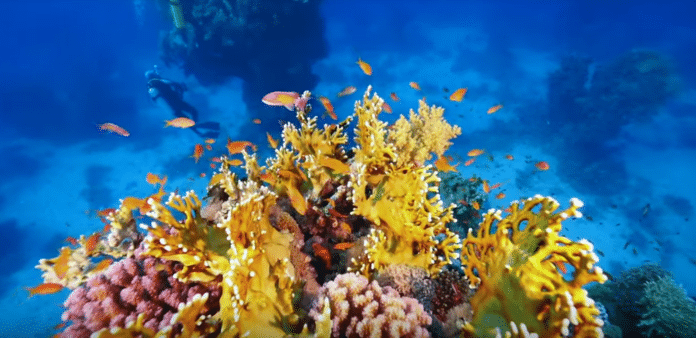The Reef Life Survey, a 10-year project using trained volunteer scuba divers, has shed a new light on the changing nature of the world’s shallow ecosystems.
The program used more than 200 specially trained volunteer scuba divers who surveyed 2,406 sites spread across 44 countries. The resulting data set is utterly unique due to its width and breadth.
According to Phys.Org, the resulting data has led to some interesting revelations. Perhaps one of the most revealing is the relationship between water temperature and the ratio of fish to invertebrates in the ecosystem. Essentially warm water contains more fish, while colder waters have more invertebrates.
This preference for warmer water by fish leads to a new mix of the ecosystem being created continuously, since species move but at different rate, resulting in the ecosystem balance being constantly in flux.
The Reef Life Survey volunteers tend to work on a casual basis, although some are almost dedicated full-time. The project has proven so inspirational that one of the volunteers decided to pursue a doctorate in marine biology graduating this year.
You can check out the original research here.

